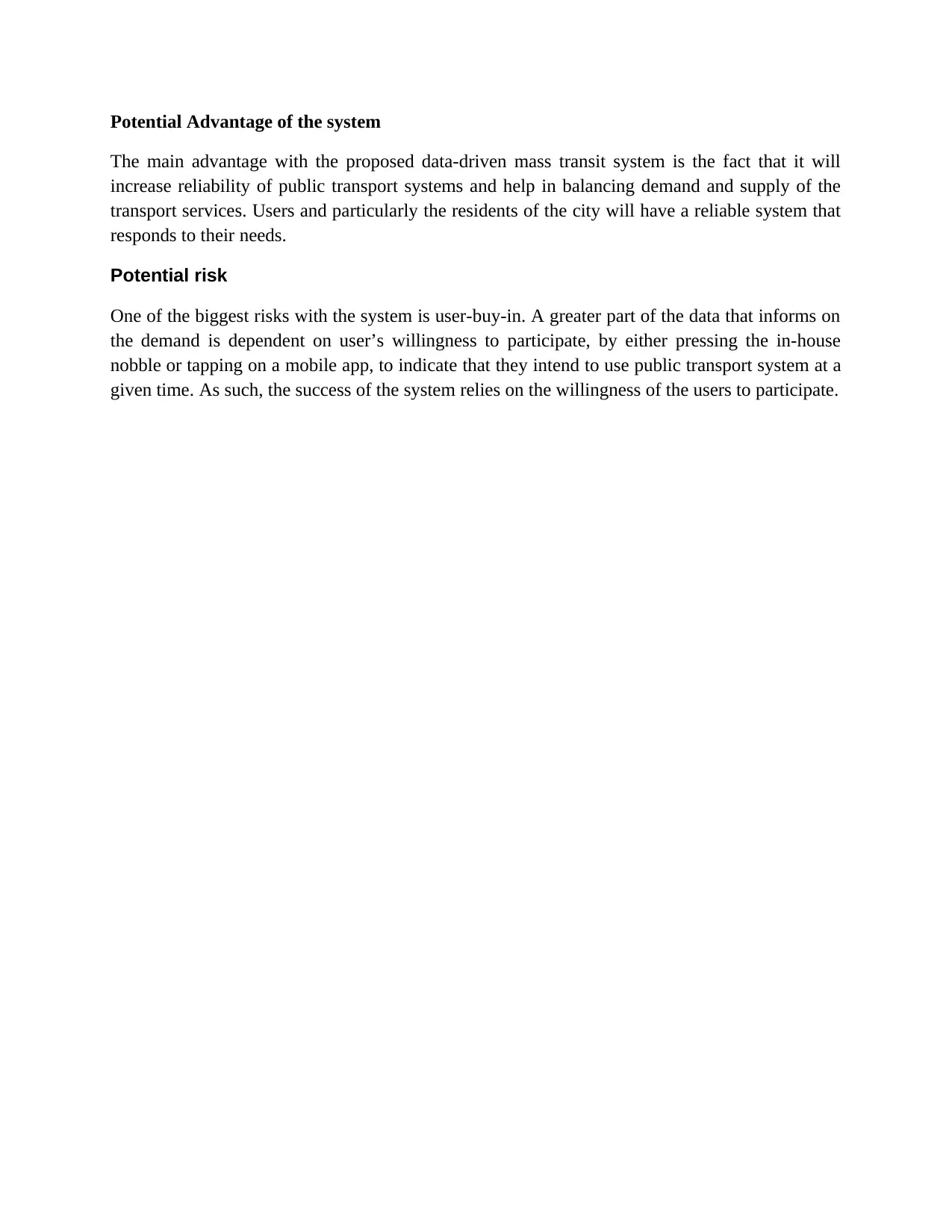Brazenbury Smart Community: Evaluating Data for Smart Infrastructure
VerifiedAdded on 2023/04/21
|2
|644
|201
Case Study
AI Summary
This case study analyzes the proposed smart community of Brazenbury, focusing on the trade-offs between personal data and the convenience of smart living. It explores arguments for and against trading personal data, considering the benefits of health monitoring and financial incentives against potential privacy breaches and discrimination. The case study also proposes a smart public transport system for Brazenbury, highlighting its potential advantages in balancing demand and supply, as well as the risks associated with user participation. The success of the system hinges on residents' willingness to actively engage with the technology, either through in-house devices or mobile apps. This document provides a comprehensive overview of the challenges and opportunities presented by smart city initiatives, with Desklib offering further resources for students to explore similar topics and access solved assignments.
1 out of 2


![[object Object]](/_next/static/media/star-bottom.7253800d.svg)